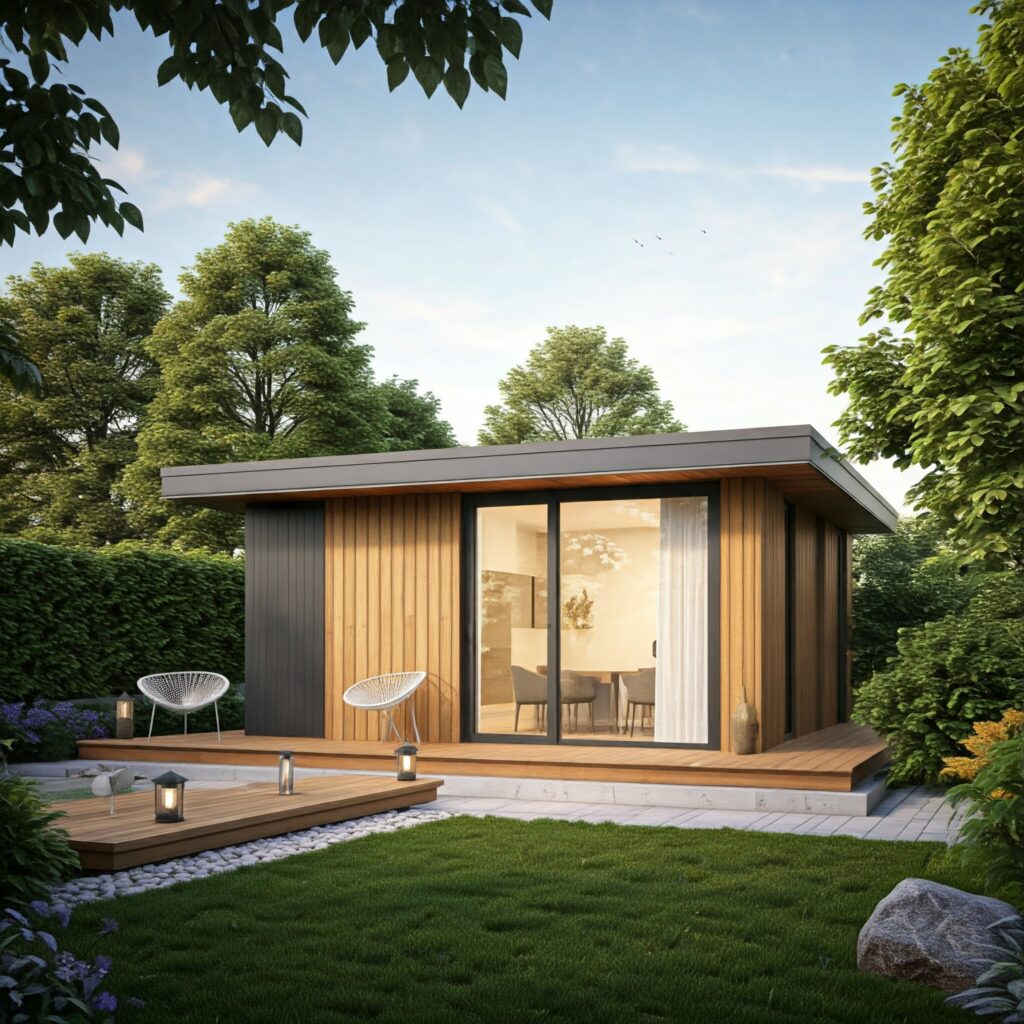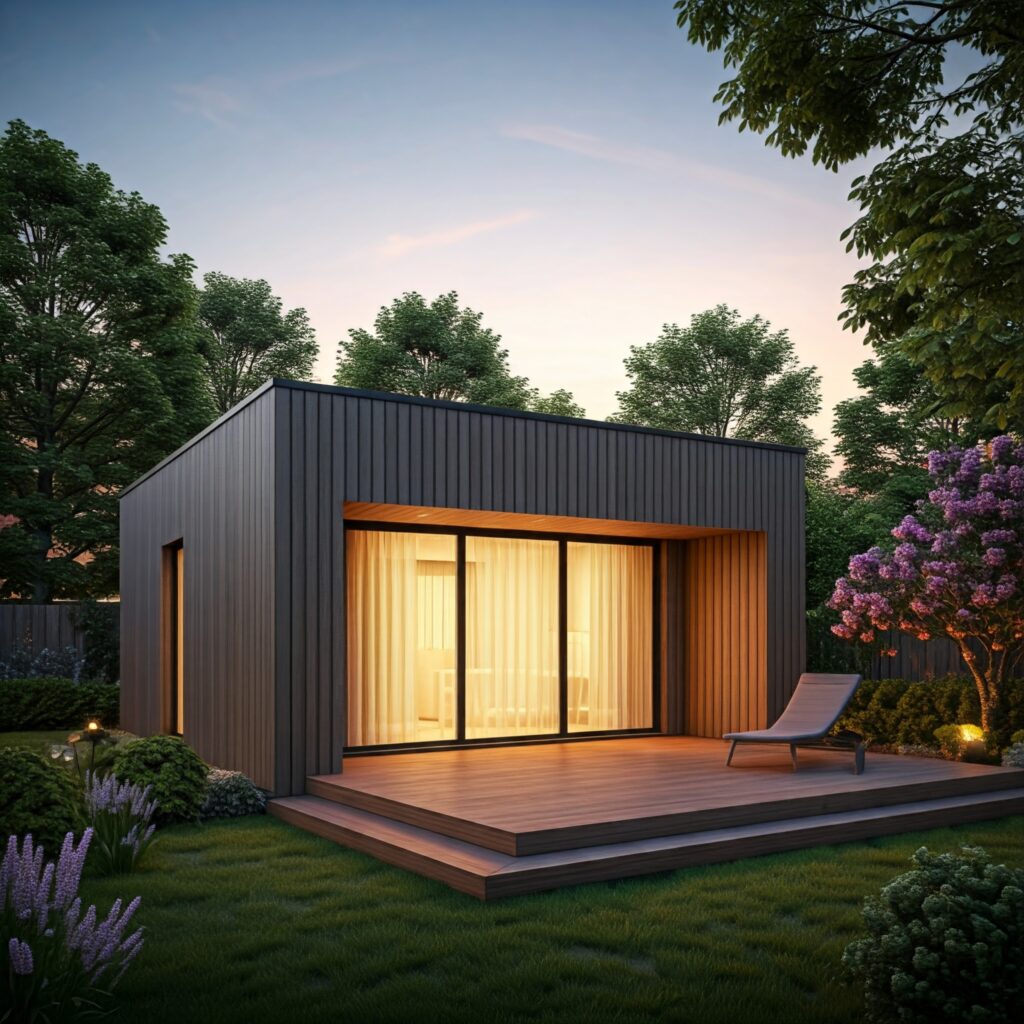How to Choose the Perfect Location for Your Garden Suite
How to Choose the Perfect Location for Your Garden Suite
The Importance of Location in Garden Suite Planning
Choosing the ideal location for a garden suite is a decision that extends beyond aesthetics. It requires balancing practical considerations with personal preferences to create a harmonious living environment. A well-sited garden suite can enhance your property’s value, improve functionality, and contribute to a sustainable lifestyle. From legal requirements to proximity to essential amenities, each factor plays a critical role in determining success.
Understanding Zoning Regulations and Permits
Research Local Bylaws
The first step in choosing a location is understanding zoning regulations in your area. Municipalities often have specific rules about where garden suites can be built, including restrictions on lot size, setbacks, and allowable structures.
Compliance with Municipal Guidelines
Ensuring compliance with local guidelines protects you from legal complications. Consulting city planning offices or local zoning experts can save time and clarify any ambiguities regarding the construction of a garden suite.
Navigating the Approval Process
Obtaining the necessary permits is crucial. The process may involve submitting detailed site plans, undergoing inspections, and fulfilling environmental impact assessments. Being proactive about these steps will streamline the journey from concept to completion.
 Assessing the Impact of Climate and Environment
Assessing the Impact of Climate and Environment
Orientation and Sunlight
Strategically positioning your garden suite to maximize natural light can reduce energy costs and improve indoor comfort. Consider seasonal changes in sunlight and how they affect your chosen location.
Landscaping and Drainage Considerations
Proper landscaping ensures that the suite integrates seamlessly with the existing property. Additionally, assess the terrain for drainage issues to prevent water damage during heavy rains.
Adapting to Local Weather Patterns
Toronto’s fluctuating weather demands climate-resilient features like insulation, weatherproof exteriors, and durable roofing. Choose a location that accommodates these needs effectively.
Proximity to Essential Amenities and Services
Access to Transportation and Road Networks
A garden suite’s utility is enhanced by easy access to public transit and major roadways. Whether for personal use or rental purposes, connectivity is key to convenience.
Nearby Schools, Shops, and Medical Facilities
Proximity to schools, grocery stores, and healthcare facilities adds significant value to a garden suite. It ensures day-to-day needs are met without unnecessary travel.
Evaluating Neighborhood Safety and Community Vibes
Choosing a safe and welcoming neighborhood creates a positive living experience. Research local crime rates and speak to residents to gauge the area’s atmosphere.
Balancing Privacy and Connectivity
Creating a Peaceful Retreat
Privacy is a major consideration when planning a garden suite. Look for locations that offer natural screening through trees or fencing while ensuring the suite doesn’t disrupt the existing property.
Maintaining Accessibility for Guests or Tenants
While privacy is essential, the suite must also remain accessible to tenants, visitors, or family members. Striking this balance makes the space functional and inviting.
 Long-Term Investment Potential
Long-Term Investment Potential
Resale Value of the Property
A garden suite located in a desirable area can significantly boost the overall property value. Research market trends to identify neighborhoods with strong appreciation rates.
Future Expansion Opportunities
Plan with the future in mind. Consider whether the location allows for potential expansions, such as additional landscaping features, parking spaces, or structural modifications.
A Thoughtful Approach to Choosing the Ideal Location
Selecting the right location for your garden suite is a multifaceted process that demands careful planning. By considering factors such as zoning regulations, environmental impact, and proximity to amenities, you can create a functional, stylish, and sustainable living space. The perfect location is more than a practical choice—it’s an investment in your lifestyle and property’s future.

